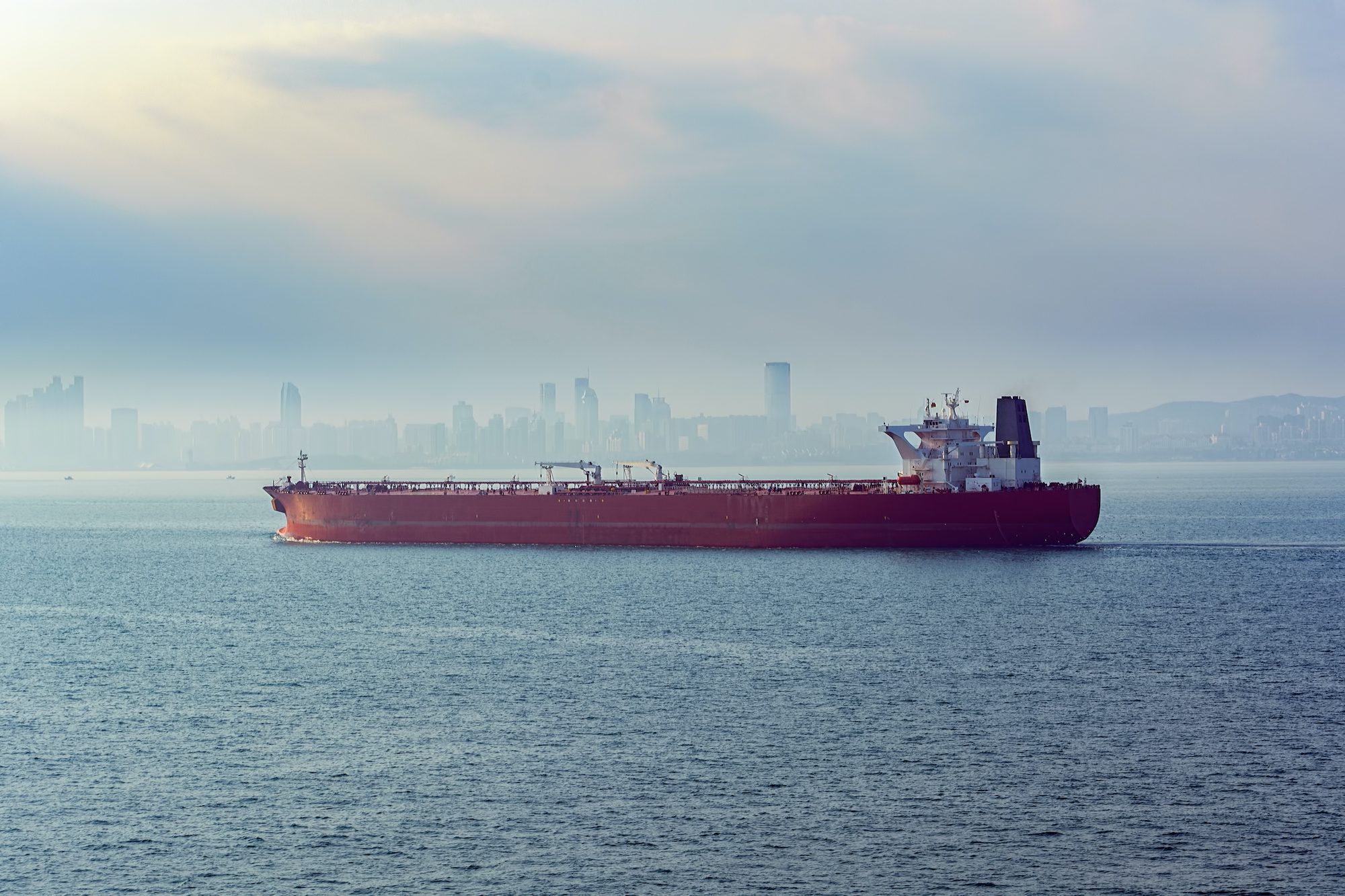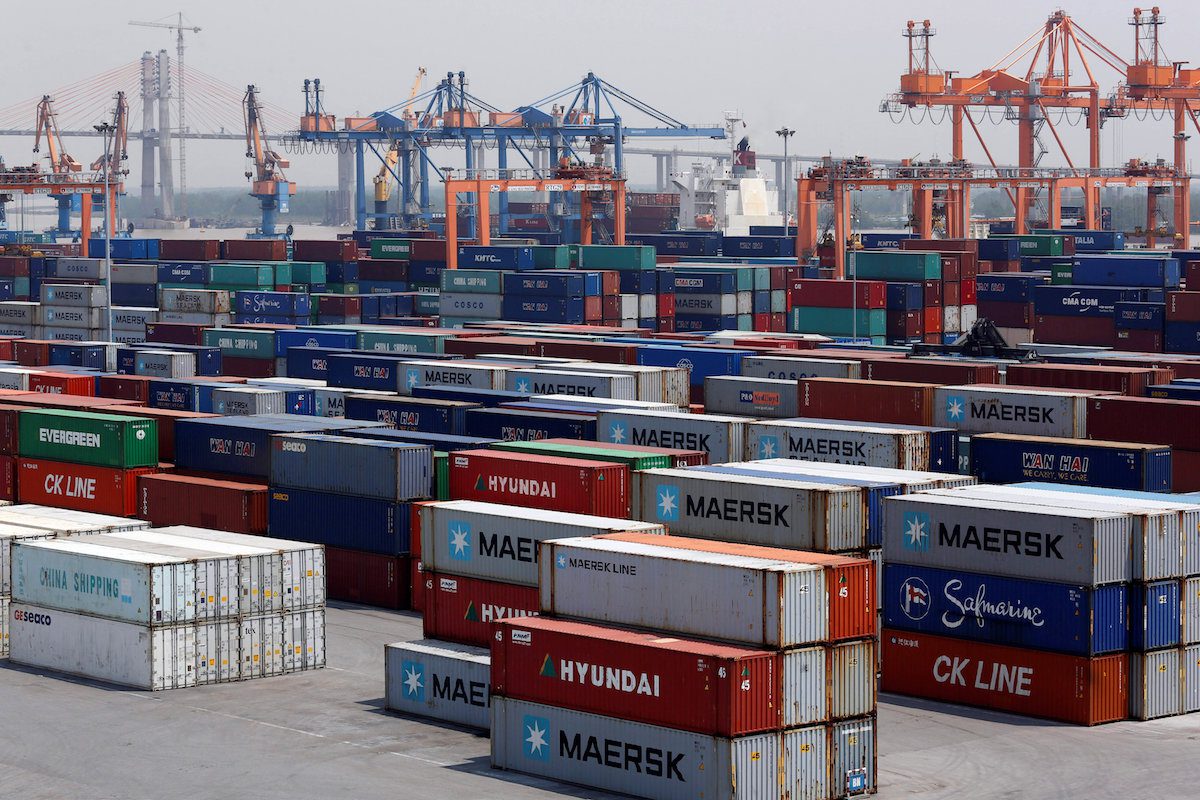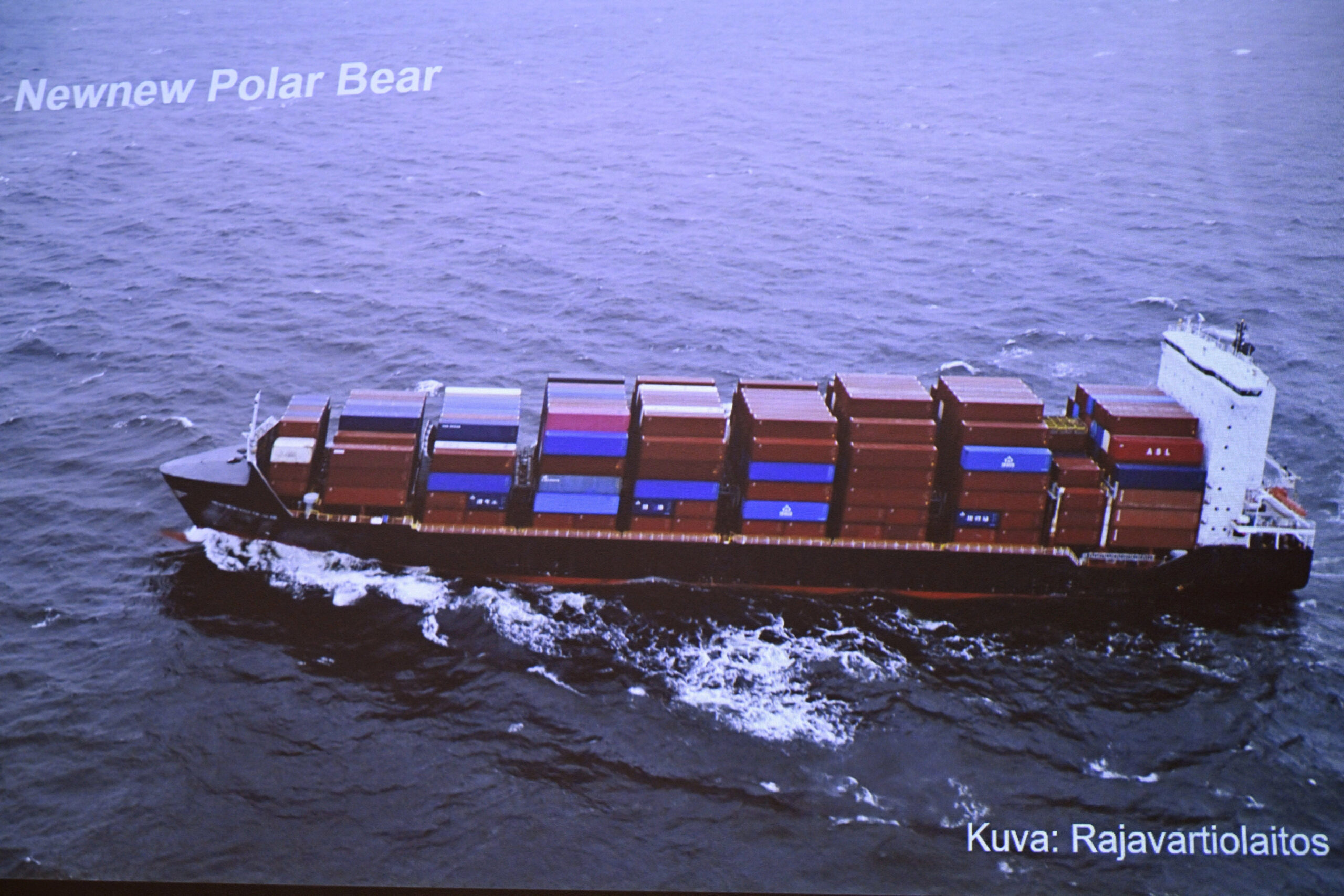(Bloomberg) —
US sanctions on a handful of tankers engaged in the Russian oil trade appear to have placed several of the ships in limbo, highlighting the scope such measures have to disrupt Moscow’s sales of petroleum.
Since mid-October, the US Treasury has sanctioned eight tankers that hauled Russian crude in breach of a Group of Seven price cap on the country’s exports. The latest action was on Friday and entailed three tankers.
It’s early days, but some are now in limbo — either stuck, drifting, or changing course from their original destination. Of the eight, six are owned by the state-backed Russian shipping company Sovcomflot PJSC.
The sanctions put in place by the US, EU and the Group of Seven nations mean that it’s illegal for ships from those countries to carry Russian crude oil, or for any other vessels to have access to any form of service provision in those nations, if the cargo was traded at a price above $60 a barrel. Over the past few weeks, the US and UK have ramped up enforcement by placing sanctions on tankers, and the Dubai arm of an oil trading company.
The tankers’ movements support the idea that the US Treasury can adversely impact the flow of Russian oil if it so chooses. Still, the US is also eager to keep petroleum flows elevated, meaning it has to tread carefully.
Here’s what’s happened to the eight ships that the US sanctioned.
1. Sailed Passed Denmark
NS Champion, one of the three vessels designated for sanctions on Friday, recently sailed through the Danish Straits, the narrow chokepoint that all ships have to navigate to get to Russia’s Baltic ports. While that put it close to European waters, and potentially needing to use EU services, the Danish Maritime Authority has previously said it follows the laws of an 1857 treaty allowing ships to pass by its coast. It also previously said local authorities have limited opportunity to board or issue orders to a ship not calling at the Denmark’s own ports.
2., 3. Changing Plans
Two of the other vessels that were sanctioned on Friday were also heading toward the Baltic Sea. But since then, both Viktor Bakaev and HS Atlantica have changed course. The former slowed off the coast of Portugal and has since U-turned, heading toward Algeria. The latter is sitting near the coast of Malta, which is a hub for both refueling and the transfer of fuel from one ship to another.
4. In Limbo
NS Century is the only ship the US has sanctioned while it was hauling a Russian cargo. It remains stuck off the coast of Sri Lanka. The cargo had been destined for the port of Vadinar in India, but stopped near Galle on Nov. 18. Its unclear whether the vessel will eventually be allowed to discharge in India.
5. Stuck Near Texas
Many of the other ships haven’t had much change over recent days. The Turkish-owned vessel Yasa Golden Bosphorus hasn’t carried a cargo since it discharged barrels it picked up in Canada in late October. It occasionally moves from deep in the Gulf of Mexico to US shores.
6., 7., 8. No Change
The final three ships haven’t moved since they were first sanctioned. Two were at ports in China undergoing maintenance, while the third was in Russia’s Arctic port of Murmansk.
© 2023 Bloomberg L.P.

 Join The Club
Join The Club











